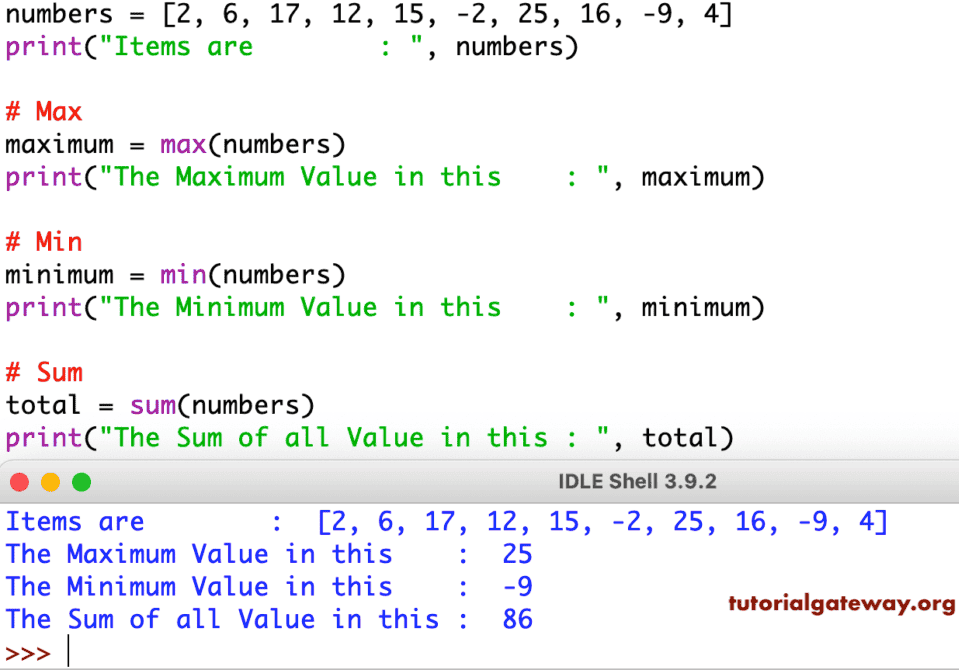

The predicate is true afterwards, returns every element. Make an iterator that drops elements from the iterable as long as Storage (depending on the length of the iterable). Note, this member of the toolkit may require significant auxiliary Saved.append(element) while saved: for element in saved: yield element # cycle(‘ABCD’) –> A B C D A B C D A B C D. When the iterable is exhausted, return elements from Make an iterator returning elements from the iterable and saving aĬopy of each. Used with izip() to add sequence numbers. Often used as anĪrgument to imap() to generate consecutive data points. Make an iterator that returns consecutive integers starting with The number of items returned is n! / r! / (n-r)! when 0 n. The input pool): def combinations(iterable, r):įor indices in permutations(range(n), r): if sorted(indices) = list(indices): yield tuple(pool for i in indices) Subsequence of permutations() after filtering entries where theĮlements are not in sorted order (according to their position in
#Itertools izip to list code
The code for combinations() can be also expressed as a While True: for i in reversed(range(r)): if indices != i + n - r: break else: return # combinations(‘ABCD’, 2) –> AB AC AD BC BD CD So if the input elements are unique, there will be noĮquivalent to: def combinations(iterable, r): Input iterable is sorted, the combination tuples will be producedĮlements are treated as unique based on their position, not on

Return r length subsequences of elements from the inputĬombinations are emitted in lexicographic sort order. Single iterable argument that is evaluated lazily. Equivalent to: def chain( *iterables):įor it in iterables: for element in it: yield elementĪlternate constructor for chain(). Until it is exhausted, then proceeds to the next iterable, untilĪll of the iterables are exhausted. Make an iterator that returns elements from the first iterable Some provide streams of infinite length, so they should only beĪccessed by functions or loops that truncate the stream.

The following module functions all construct and return iterators. R-length tuples, in sorted order, no repeated elementsĪA AB AC AD BA BB BC BD CA CB CC CD DA DB DC DD R-length tuples, all possible orderings, no repeated elements Izip_longest('ABCD', 'xy', fillvalue='-') -> Ax By C- D-Ĭartesian product, equivalent to a nested for-loop Ifilter(lambda x: x%2, range(10)) -> 1 3 5 7 9Įlements of seq where pred(elem) is False Sub-iterators grouped by value of keyfunc(v) Iterators terminating on the shortest input sequence: Iterator Multiplication operator can be mapped across two vectors to form anĮfficient dot-product: sum(imap(operator.mul, vector1, vector2)).Įlem, elem, elem. High-speed functions in the operator module. These tools and their built-in counterparts also work well with the Imap() and count() which can be combined to form imap(f, count()) to produce an equivalent result. Tools succinctly and efficiently in pure Python.įor instance, SML provides a tabulation tool: tabulate(f) which Together, they formĪn “iterator algebra” making it possible to construct specialized That are useful by themselves or in combination. The module standardizes a core set of fast, memory efficient tools This module implements a number of iterator building blocks inspiredīy constructs from APL, Haskell, and SML.

itertools - Functions creating iterators for efficient looping ¶


 0 kommentar(er)
0 kommentar(er)
